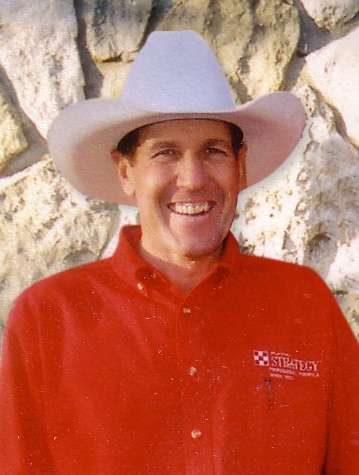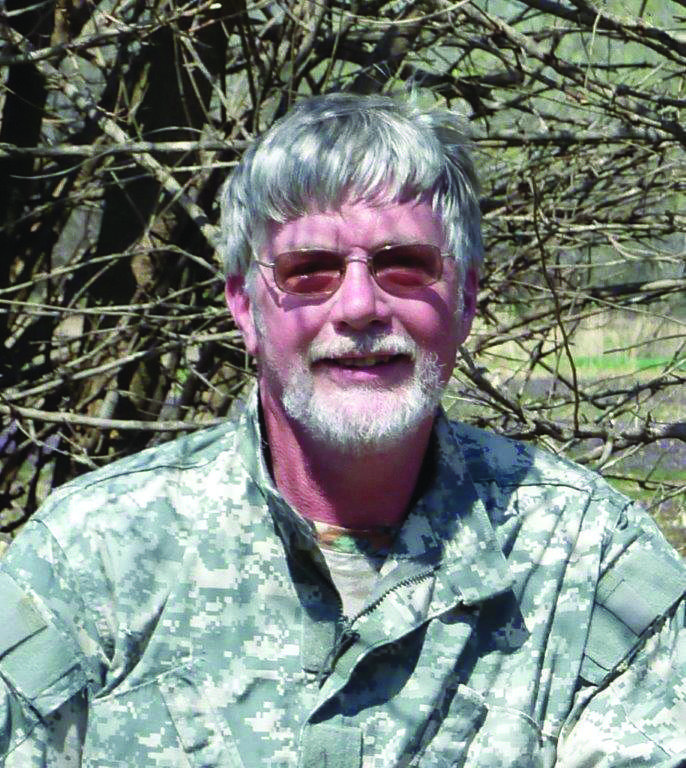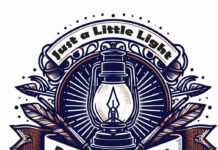Impact of Kansas’ horse industry was reviewed at the Kansas Department of Agriculture 2024 Kansas Equine Sector Session.
Justine Staten, executive director of the Kansas Horse Council, and additional leaders of the state’s horse endeavors presented information.
Through consolidation of the Livestock Sanitary Commission and the State Brand Commission in 1969, the Kansas Division of Animal Health (DAH) was created.
Currently, there are three DAH divisions: animal disease control, animal facilities inspection, and brands program.
In conjunction with the Animal Health Board and the Pet Animal Board, all work to ensure the health and welfare of Kansas livestock and domestic animals.
In 2011, the DAH joined with the Kansas Department of Agriculture which relocated to Manhattan in 2014.
High priorities for the equine sector, in a survey last year, included five areas.
Review of 2021 Kansas Equine Economic Survey showed 70,009 Kansas horses valued at $259 million, up from 103,000 Kansas horses valued at $289 million in 1996.
Horses were owned by 8,700 people in Kansas, which is .3 percent of the state population, while 20 percent reported owning additional equine outside of Kansas.
Total equine related assets were $1.4 billion in 2021, compared to $1.6 billion in 1996.
Generated income including 2,595 workers’ wages totaled $107 million while dollars spent annually on equine ownership and activities was $151 million.
There are 2.4 million acres of Kansas land used for horses with about one-half of them in the eastern one-third of the state.
Average parcel is 317 acres with a value of $137,000, while the average equipment asset value is $60,000.
State and local taxes generated by the equine industry in 2021 was $13 million with outputs and sales of $281 million.
Quarter Horses dominate Kansas horse breeds with an average age of 12, while 42 percent are for pleasure or recreation and 58 percent for working.
Kansas had 77,937 registered in the American Quarter Horse Association in 2023, up 1,975 from the previous year with 2,158 new registrations.
To add or improve the equine exposition infrastructure, new facilities are being constructed on the north end of the Kansas State University campus in Manhattan.
Elaborate plans are underway for a new American Royal facility for all livestock species including horses at Kansas City.
The area around the outer horse stall barn will be asphalted before the Kansas State Fair at Hutchinson this year. The 4-H horse show is September 12-13-14.
Various county arenas are getting facility improvements either by local organizations or as county driven projects.
For meeting the consumer demand for entry level equine experiences, action is supported to advocate for such a priority.
A state Extension equine specialist is needed while presently being a “work in progress.”
Horses have always been livestock, although the definition was blurred due to 1990’s marketing campaigns to reclassify these animals as pets.
The 2018 Farm Bill declared “Horses Are Livestock,” and the Kansas Constitution states that “Horses Are Livestock.”
Changing this would have negative effects. There are tax implications, veterinary medication and research, animal keeping requirements, and contradict domestic equine liability law.
A video has been created to educate viewers that horses are classified as livestock and is being shared through social media.
Live horse races are coming in the spring of 2026 to Eureka Downs.
Terms have been signed to direct 3 percent of revenues from 1,000 historical horse racing machines starting in 2025 to support a Kansas horsemen’s fund.
A new racing specific equine economic impact report is needed as efforts are underway to revive both Quarter Horse and Thoroughbred racing, Live racing would benefit both agriculture and commerce in Kansas.
Additional priorities for the Kansas horse industry include restoring federal appropriations for horse exports and processing, an equine check off program, and developing equine handling protocol for emergency response and law enforcement.
Additional information can be found at www.Kansashorsecouncil.com.
+++30+++
Horses Remain Important Part Of Kansas Economy
For the Love of Horses





